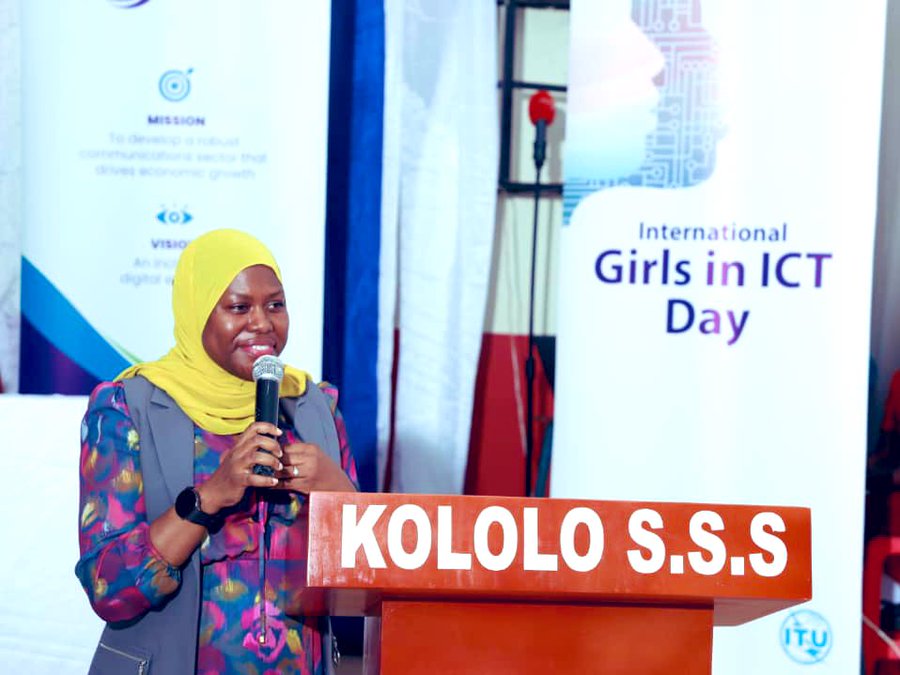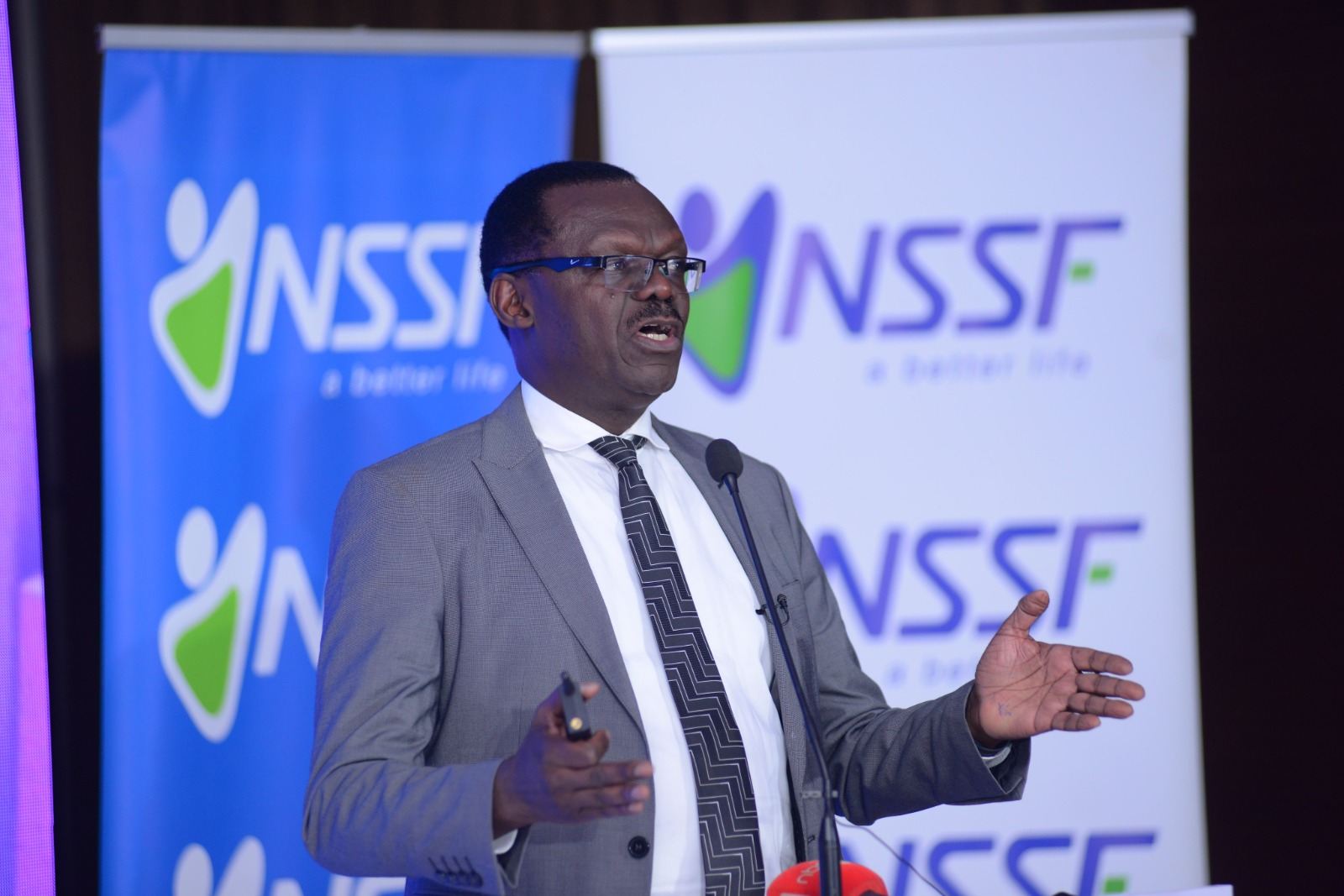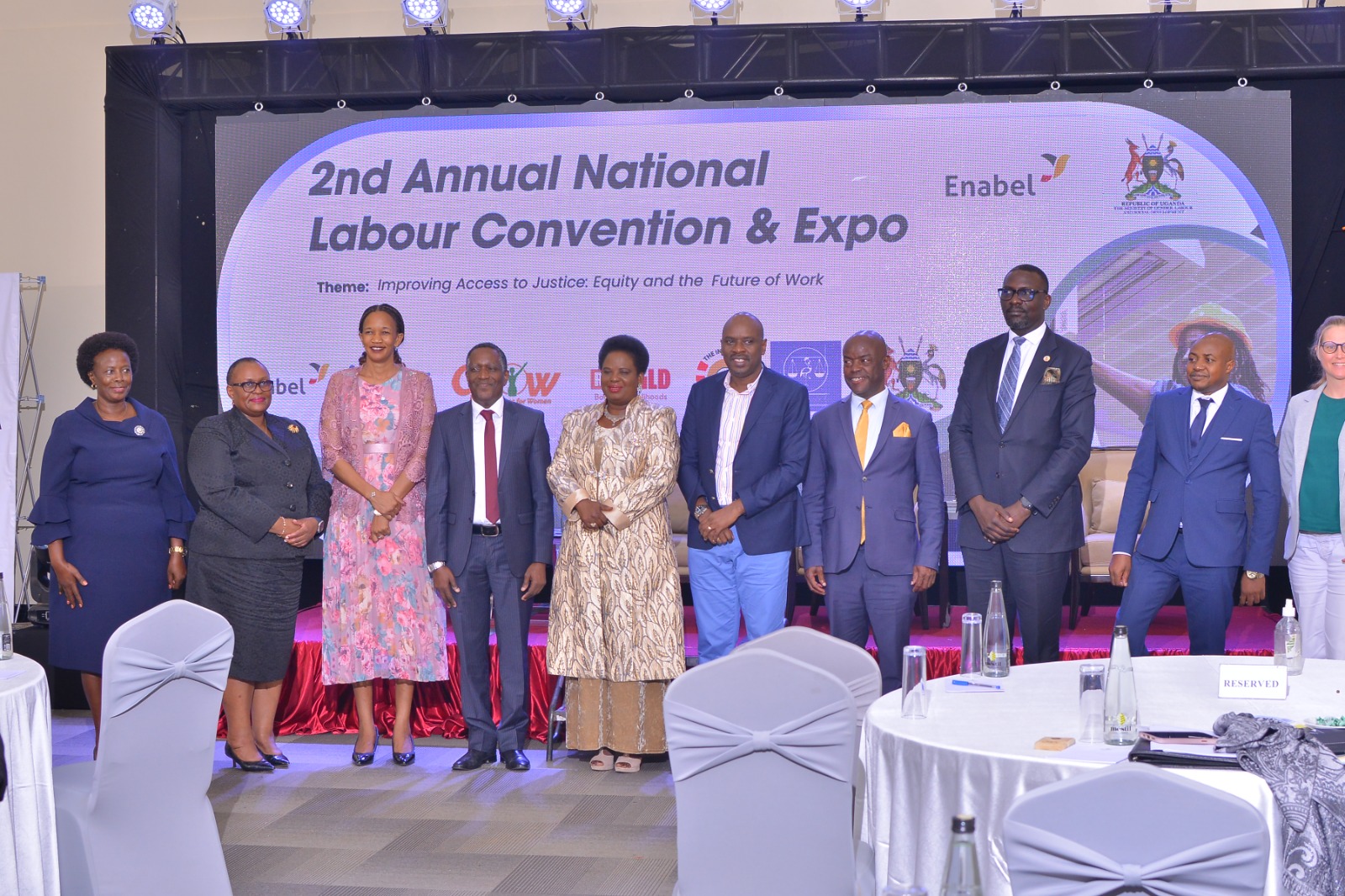Altercation between Russia and NATO vindicates Realism Theory of international relations
By Prof. Solomon Muchwa Asiimwe
The Russian invasion of Ukraine that begun on the 24th of February 2022 brings to light the real international relations anchored by Realism Theory of international relations at play.
The foundation of realism is that all human beings act according to their own self-interest or survival and that nation-states are similarly guided by this same self-interested need for survival.
Realism divorces all considerations of legality and moral guidance from state policy and holds that all states are capable of breaking any treaty or alliance if they feel it is necessary to advance their interests and power.
In the address on 24th February, Putin declared that Russia could not feel safe, develop and exist because of what he claimed was a constant threat from modern Ukraine.
Russia has for long resisted Ukraine’s move towards the European union and the West’s defensive military alliance, the North Atlantic Treaty Organisation (NATO). NATO is a military alliance that was established in 1949, and is designed to fight wars, if necessary, in defence of member states.
Its key principle is “collective defence” and under Article 5 of its founding document, the Washington Treaty or North Atlantic Treaty, an attack on one is considered an attack on all members.
NATO was established also following the understanding of Realism, which holds that the world is anarchic because it is composed of states as the main actors with different interests to protect in an architecture that lacks a preponderant power to regulate their behaviour.
Realism, therefore, infers that conflict between states is eternally inevitable and warfare among them will never cease so long as states act in their interests.
Currently the NATO military alliance would not directly protect Ukraine under the collective defence principle because it is not a NATO member.
However, Ukraine has had a partnership with NATO since 1992, and NATO established a Ukraine-NATO Commission in 1997 to further the relationship without a formal membership agreement.
Russia is opposed to Ukraine’s potential membership in NATO because that would significantly threaten its security.
That would also challenge Russia’s standing in EURASIA and would pull Ukraine further away from Russia’s sphere of influence and closer to its archival, the USA.
So, what we are witnessing is a power contestation between Russia and NATO that is prompted by self-interests of Russia on the one hand and NATO on the other with Ukraine being the pawn in the great power game.
NATO seeks to contain the resurgence of Russia to its Soviet-era glory, while Russia seeks to challenge the Pax Americana Global order.
The realist theory explains international politics in terms of the concept of interest defined in terms of power. Interests guide leaders more than anything else and it is useless to try and understand leaders’ actions in terms of their motives or ideology.
In fact, statesmen think and act only in terms of national interest and this is what President Putin has been explaining in his addresses in support of his invasion of Ukraine.
We also learn that Ukraine should not have banked on the protection of NATO as advised by the Realists that; the fundamental characteristic of international politics requires each state to trust no other, but above all never to trust self-protection to international organisation or international law.
This is because national interest necessitates self-promotion, especially through the acquisition of military capabilities sufficient to deter attack by potential enemies.
For African states, the advise would be for them to recall their general posture during the Cold War where they generally tended to be non-allied to either ideological side.
It is now a fact that there is no more any one single superpower neither a bipolarity based on two states in the global international relations. What is unfolding now is group of countries bipolarity and this might actually be a challenge to the African continent even with our over 50 states but we may still be insignificant in the new group bipolarity.
The author is a Professor of International Relations and Security Studies at both Uganda Martyrs University and Nkumba University.













